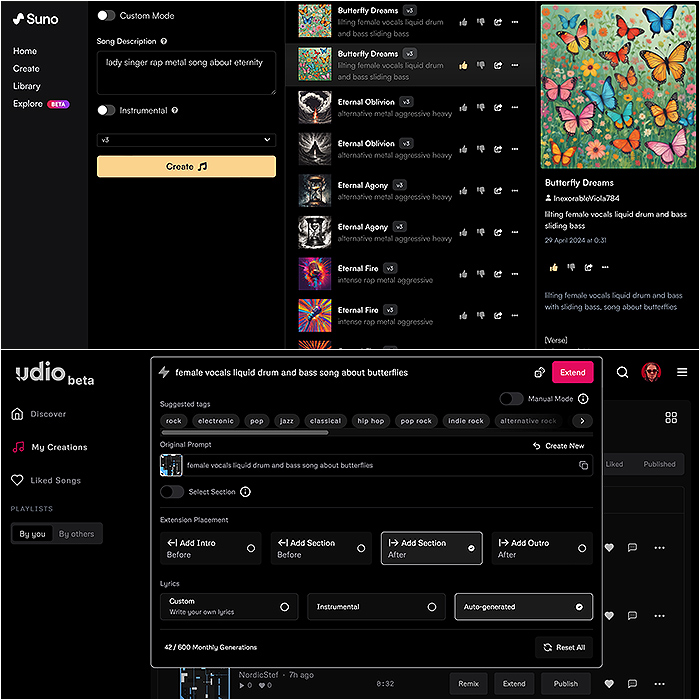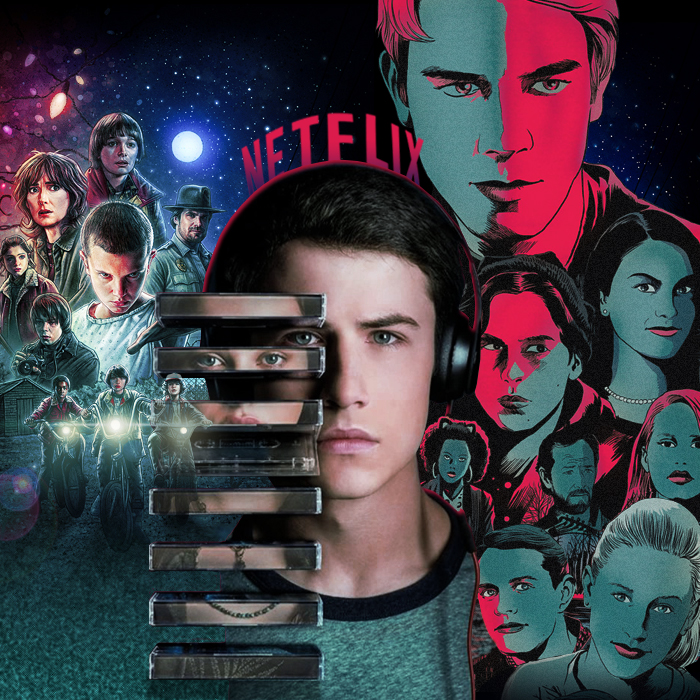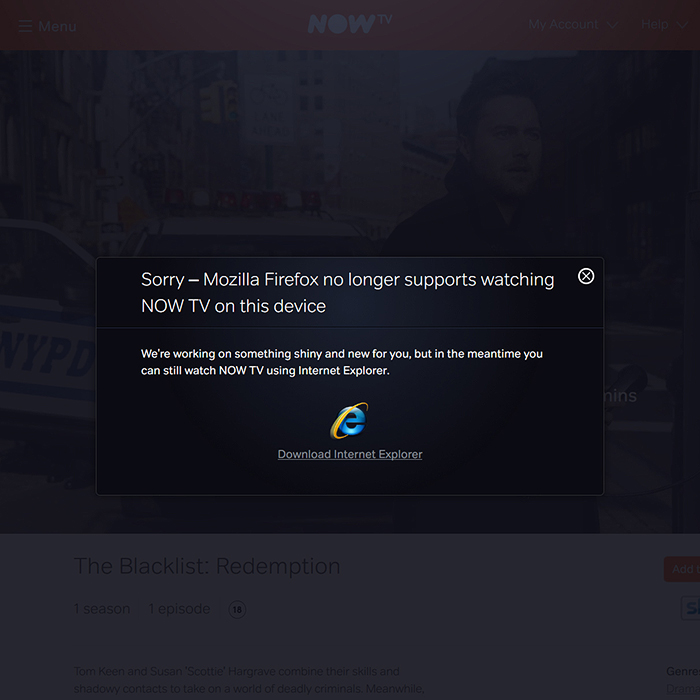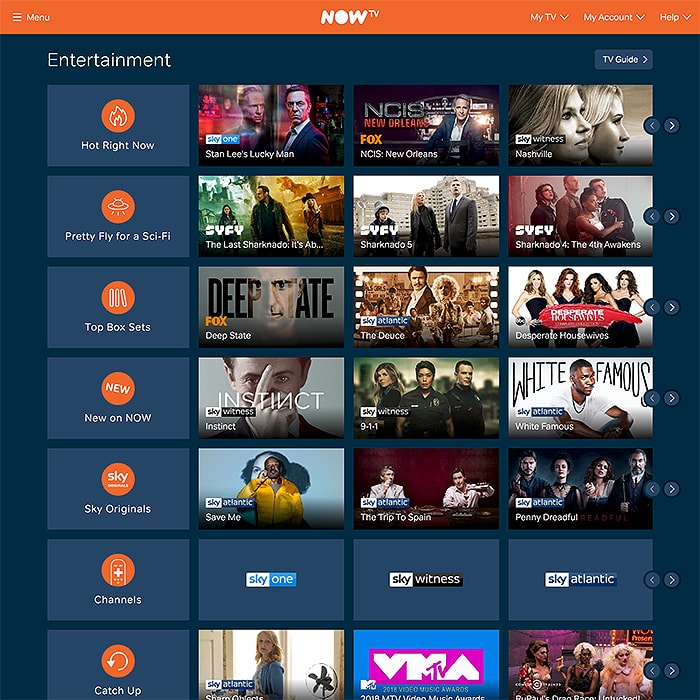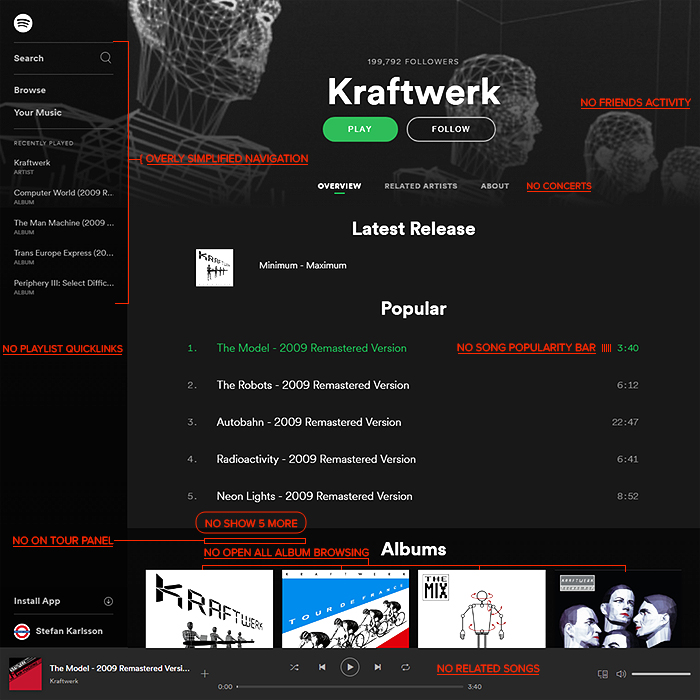Kindle Unlimited is far from a Spotify or even Netflix for Books

As an avid Amazon Prime member and a somewhat dedicated bookworm, I was exceedingly glad to read the announcement of Kindle Unlimited - a new service to provide unfettered access to 600,000+ Kindle books for a monthly $9.99 fee. Book series - Lord of the Rings, Harry Potter, The Hunger Games, as well as personal favourite ’Life of Pi’ were used to punctuate the announcement to show that there were some big titles in the mix. I predicted that Amazon would launch its own Spotify for books some day soon, and I was really rather hoping that this would be it.
Unfortunately, the big 5 publishers still feel threatened by Amazon (possibly rightly so, but more of that later) and have largely refused to play ball. They would rather put their support behind one of the competitors to Kindle Unlimited - say ’Oyster’, ’Scribd’ or ’Zola’. All three currently have a slightly better selection of what I would call premium books, than Kindle Unlimited does. Turns out that most of Kindle Unlimited is currently made up of books out of copyright and various minor works, although there are of course some interesting titles in the mix.
However, and this is rather critical, none of the services mentioned here is really a practical usable resource for me, as not one of them contains even one of the last 10 books I read. Even one of my favourites from 3 years ago - Erin Morgenstern’s ’The Night Circus’ is noticeably absent. Spotify has a vast library of music to satisfy pretty much all tastes, Netflix has a very broad library of video - mostly TV, and mostly 2-3 years old or older, while Spotify is bang up to date with what it provides. The 4 book services named here seems to be odds and sods really, I searched for 20 of my favourite authors, and Oyster came out as the best choice for me, but still not really worth the monthly fee for what I would want to access. I have an ever-growing written reading list, as well as several already-downloaded books on my kindle - near enough none of these are represented on these subscription libraries.
Publishers need to wake up and smell the coffee to some degree here, as they are not fully aware yet of how much their marketplace is still changing. 90% of books I buy these days are on Kindle, I still buy the occasional hardcopy coffee table / art book or graphic novel, even a recent hardcopy only Stephen King, but by and large my reading is mostly electronic. My brother’s reading is pretty much 100% electronic - and he consumes Kindle format books on iPhone or iPad - whatever is to hand; he still buys hardcopy books for his children, but all his personal consumption is totally electronic. There is a frightening statistic that I have mentioned many times before on previous blog post, and that is that the average member of public hardly buys a single book in a year - there’s a lot less than 60 million odd books sold in the UK per annum. Colleges and Universities are becoming more and more reliant on digital works - made for tablet devices and laptops, and it should no longer be necessary for students to tote around several kilos of books with them to attend lessons.
I really don’t understand why the Publishers cannot follow the Netflix model here, and make at least authors’ earlier works available on subscription, and then have an outright purchase or premium fee attached to brand new titles. In some ways this would be new money for old rope for them, they need to know that the old paradigms are shifting. Many a publisher vehemently believes that books have been around for 100’s of years and that they will be around for ever in paper format. They forget that at the start of that publishing revolution, books were luxury items affordable only to popes, kings and courtiers.
I recall in the earliest days of our previous company, going to speak to a couple of publishers in the wake of Amazon achieving some minor success online. Those publisher CEOs were adamant that Amazon would have no impact on their business, for them it would be business as usual, and the Internet would be largely irrelevant to their particular flavour of publishing. Amazon obviously grew enormously from those days to a position were it now totally dominates book retail - both traditional and electronic mediums. The publishers largely stuck their heads in the sand then in ostrich-fashion, and seem to be doing the same again now.
I can understand why publishers are wary of Amazon - Amazon for instance does not support the EPUB electronic book standard which pretty much every one else supports. For music we have a universal standard in MP3, for most modern video there is H.264, EPUB should be the universal standard for books but it’s not - so Amazon’s motives will always be viewed as a little suspect by publishers - what’s more, is that Amazon is already more powerful than the publishers it serves. The truth of the matter though is that most music consumption nowadays is subscription-based streaming as per Spotify, Deezer, Rdio, Grooveshark etc. there will come a time when most reading will be electronic and via some subscription service or other, it is inevitable. Industry Leaders will be Spotify + Netflix + ’?’ - currently the race is still wide open. Either the publishers work together on a solution, or some outside agency takes that business away from them too - they have already lost control of book retail and book readers to Amazon, will they loose subscription-based access to Amazon too?
In a previous blog post ’Sharing is the new Ownership!’ I talked about how inflation has impacted on modern living spaces vis-a-vis the cost of renting / property ownership and the premium on space itself - to the effect that in the future, relatively few households will have space to contain the considerable book collections / libraries of old. There simply won’t be space to contain several hundred volumes of paper books, which fortunately can fit very neatly inside a relatively slimline book-reader device - or be stored in the cloud within a subscription-based book streaming service.
Publishers still largely face dwindling sales and revenues, it’s been a while since the last major publishing sensation - ’50 Shades of Grey’, and opening up the archives on a subscription basis can surely not be a bad thing. When you consider the sale of one book at £10 over the whole year versus 12 months of £10 subscription fee, I don’t understand why the publishers have not been quicker at getting their own solution out there. I know several people who would be more than happy to pay £10 per month for a genuine ’Spotify for Books’ service. It certainly needs more breadth and depth than is currently on offer. I really don’t understand why Publishers are not doing more to captialise on the changing dynamics of their marketplace. The record labels became stagnated by their own greed and short-sightedness, and allowed outside companies like Apple and Spotify to take over their industry. If Publishers don’t wise up soon, it will be the same saga for them too; they cannot stop the tide of progress any more than King Canute could.

Did you find this content useful?
Thank you for your input
Thank you for your feedback
Upcoming and Former Events
PPA Independent Publisher Conference and Awards 2023
Affino Innovation Briefing 2023
Press Gazette Future of Media Technology Conference 2023
PPA Awards 2023
Meetings:
Skype and Zoom
Registered Office:
55 Bathurst Mews
London, UK
W2 2SB
© Affino 2024



